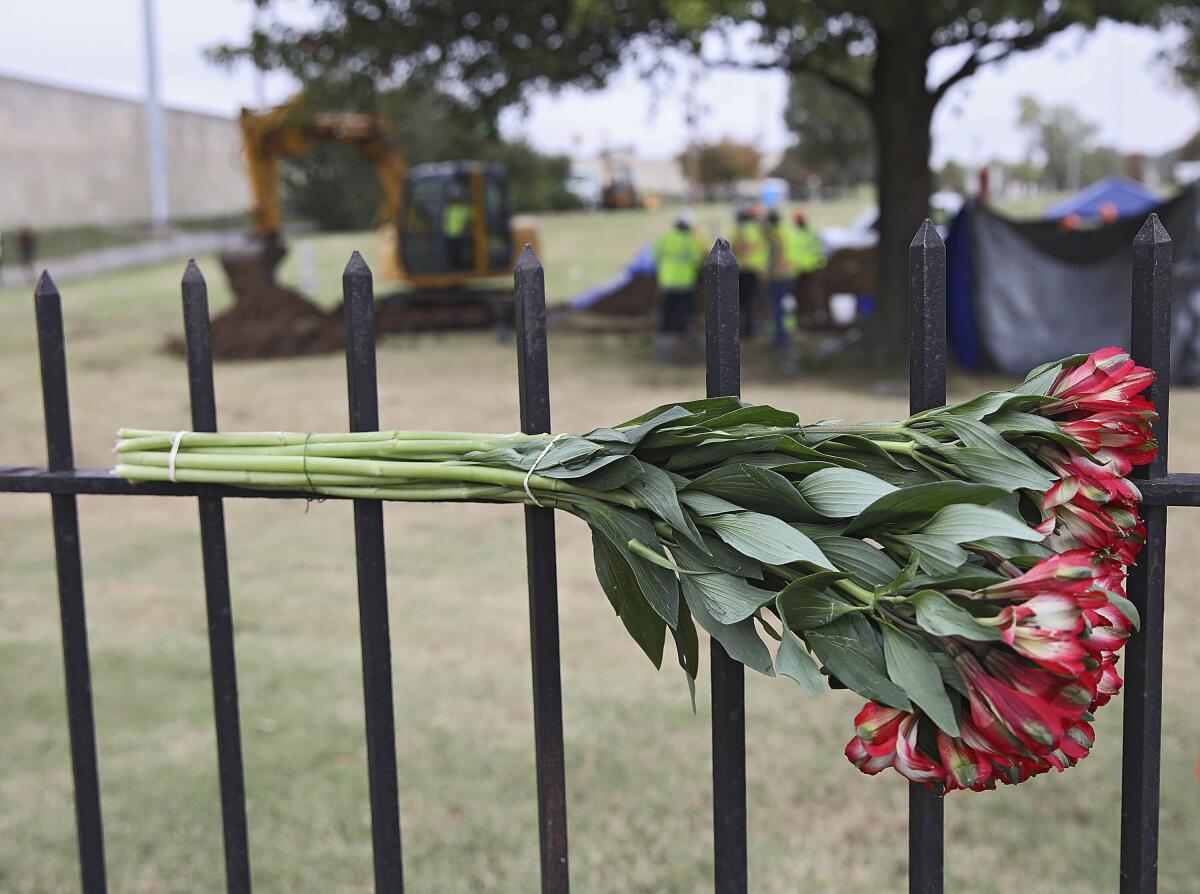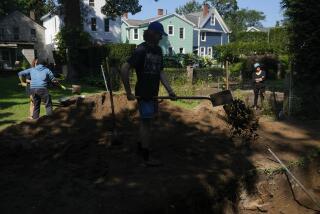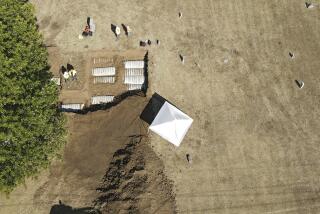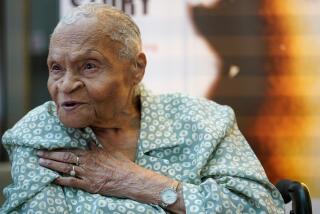Remains found in search for victims of 1921 Tulsa race massacre

OKLAHOMA CITY — At least 10 bodies were found Wednesday in an unmarked mass grave at a Tulsa cemetery where investigators are searching for the remains of victims of the 1921 Tulsa Race Massacre, Oklahoma’s state archaeologist said.
“What we were finding was an indication that we were inside a large area ... a large hole that had been excavated and into which several individuals had been placed and buried in that location. This constitutes a mass grave,” state archaeologist Kary Stackelbeck said.
Investigators found 10 wooden coffins containing what was initially presumed to be one person in each, Stackelbeck said. She said further examination of the coffins and remains, which have not been removed, was needed.
“Those skeletal remains are not in great condition,” Stackelbeck said. “They’re not the worst condition we have seen ... but they’re not the best.”
Combined with one set of remains found nearby Tuesday, at least 11 bodies have now been discovered, according to Stackelbeck.
University of Florida forensic anthropologist Phoebe Stubblefield, a descendent of a massacre survivor who is assisting in the search, said patience is needed before anyone can expect to know the identities of the remains or the cause of deaths.
“We will need considerable time to investigate them because the preservation, teeth have been showing up OK, but nondental structures” have deteriorated, Stubblefield said.
Stackelbeck said it was too early to say that the remains are massacre victims, even though they were found near an area known as the Original 18, where funeral home records indicate massacre victims were buried.
There are two headstones in the Original 18 marking the graves of two massacre victims, but the area where the remains were found Wednesday is unmarked.
“We have not yet made our assessment to say that these do actually represent the massacre victims,” Stackelbeck said. “Whether they are associated with the same event or the same time period of burial is something that we are still in the process of assessing.”
Tulsa Mayor G.T. Bynum, who in 2018 proposed looking for victims of the violence and later budgeted $100,000 to fund it after previous searches failed, called the discovery significant in the city’s history.
“What we do know as of today is that there is a mass grave in Oaklawn Cemetery where we have no record of anyone being buried,” Bynum said.
The latest search at Oaklawn began Monday. An earlier excavation of another part of the cemetery ended in July with no significant discoveries.
The violence took place on May 31 and June 1, 1921, when a white mob attacked Tulsa’s Black Wall Street, killing an estimated 300 mostly Black people and wounding 800 more, while robbing and burning businesses, homes and churches.
The massacre happened two years after what is known as the Red Summer, when hundreds of African Americans died at the hands of white mobs in violence around the U.S. that has been depicted in the HBO TV shows “Watchmen” and “Lovecraft County.”
It also received renewed attention after President Trump selected Tulsa as the location for a June rally amid a national reckoning over police brutality and racial violence. Trump moved the date to avoid coinciding with a Juneteenth celebration in the Greenwood District commemorating the end of slavery.
More to Read
Sign up for Essential California
The most important California stories and recommendations in your inbox every morning.
You may occasionally receive promotional content from the Los Angeles Times.










